5 Books on Photography for Creative Discourse
2 13 Share TweetNot all the time we are confident of our skills as a photographer. We're sure you've questioned yourself many times regarding the purpose of your passion and what it entails. Sometimes it's not the lack of clarity that unhinges you — but the uncertainty of the concepts and the motives behind the camera. To get your mental gears working and fuel your passion, we have collected some of our favorite reads. Provoke those thoughts, initiate artistic actions with these brilliant books.
Towards a Philosophy of Photography by Vilém Flusser
Need a quick thinker? Flusser's Towards a Philosophy of Photography opens up several points of discussion and actually answers the questions they pose. The philosopher focuses on photography as a medium for art, science, and politics. Careful though, Flusser intentionally wrote his book as highly-opinionated and polemic. Perhaps that is why it's such an effective piece in getting one's head to do the clockworks, and even sparking heated debates with your photographer friends.
“Both those taking snaps and documentary photographers, however, have not understood 'information.' What they produce are camera memories, not information, and the better they do it, the more they prove the victory of the camera over the human being.”
More information about the book here.
On Photography by Susan Sontag
On Photography is an essays collection by Sontag, in which she puts the 'politics' in photography. Sontag opens an internal discourse on photography's role in society and the photographer's social responsibility. She wrote her controversial essays alongside the rise of pop art, Sontag also addresses her personal thoughts on aesthetic consumerism in photography. If you want to explore the roles which images play in our society we definitely recommend this read.
“Guns have metamorphosed into cameras in this earnest comedy, the ecology safari because nature has ceased to be what it always had been - what people needed protection from. Now nature - tamed, endangered, mortal - needs to be protected from people. When we are afraid, we shoot. But when we are nostalgic, we take pictures.”
More information about the book here.
Slightly Out of Focus by Robert Capa
Photo-reportage has always been a popular topic among not only artists and reporters, but also morality philosophers and intellectuals. There's often an ongoing discussion on the ethics of photography and the various implications. In this memoir, we learn how the celebrated photojournalist and war photographer led quite an exciting and dramatic life with his camera in hand. Capa self-chronicles his seemingly endless journeys and adventures during reportage. His writing is quite humorous yet pensive, being able to imbue empathy and humanism on the face of danger and violence. As such, this book is a great read, especially if you want to get inside the head of a war photographer on-the-job.
“The rip tide hit my body and every wave slapped my face under my helmet. I held my cameras high over my head...and told myself, “I am just going to dry my hands on that boat.”
More information about the book here.
Camera Lucida by Roland Barthes
Barthes' Camera Lucida will shower you with new perspectives and ideas on the photographic principle. His book aims to deconstruct and simplify the ontology of photography, questioning its existence and purpose to humanity. He calls the photographer The Operator, The Audience, The Spectator, and then the Photograph itself. The book looks beyond the art. Barthes himself was uneasy as he questions the reality he experiences and compares it to the reality inside the image. Is there such a thing as Objectivity in photography, when memory is fleeting and all you have are images? How much do you rely on images as an aide memoire? Barthes tries to give us answers, but also more questions.
“The Photograph is violent: not because it shows violent things, but because on each occasion it fills the sight by force, and because in it nothing can be refused or transformed (that we can sometimes call it mild does not contradict its violence: many say that sugar is mild, but to me sugar is violent, and I call it so).”
More information about the book here.
At Work by Annie Leibovitz
If there's Susan Sontag to criticize and challenge the photographer, there's her lover and partner Annie Leibovitz to be the champion of a contemporary photographer. Leibovitz is known to have bridged commercial photography and fine art into her stunning variety of portraits. A fun, insightful memoir by one of the most celebrated photographers in the contemporary times, Leibovitz lays out all her cards on every unique experience she had in her career. At Work records collectively her experiences and trains of thought in which where she made timeless photographs when she worked. The memoir gives an overarching lesson that every photographer must learn — that experience is the best teacher, and insights, know-how, and all photographic knowledge comes best when you're behind the camera.
“For me, the story about the pictures is about almost losing myself, and coming back, and what it means to be deeply involved in a subject. The thing that saved me was that I had my camera by my side. It was there to remind me who I was and what I did. It separated me from them.”
More information about the book here.
Now, the floor is open for your personal thoughts and contemplations, just leave them in the comments section below!
New to Lomography? Enrich your knowledge about the Lomographic Movement with thought-provoking books available at our Online Shop!

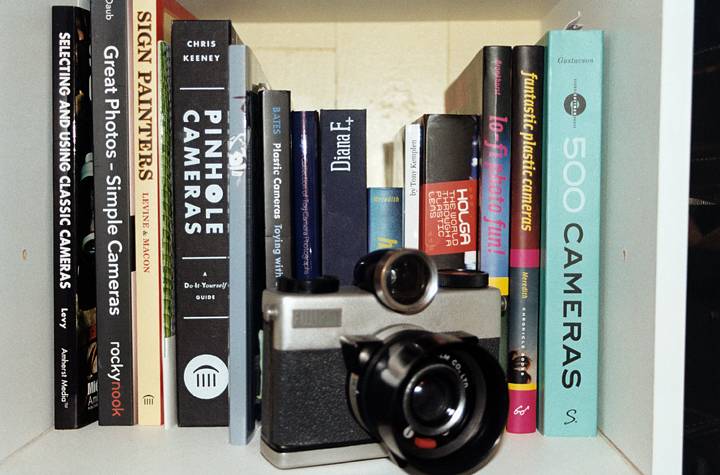





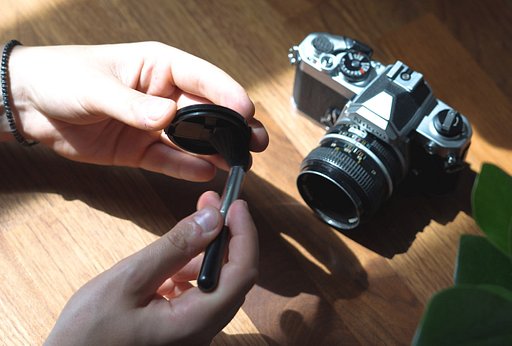

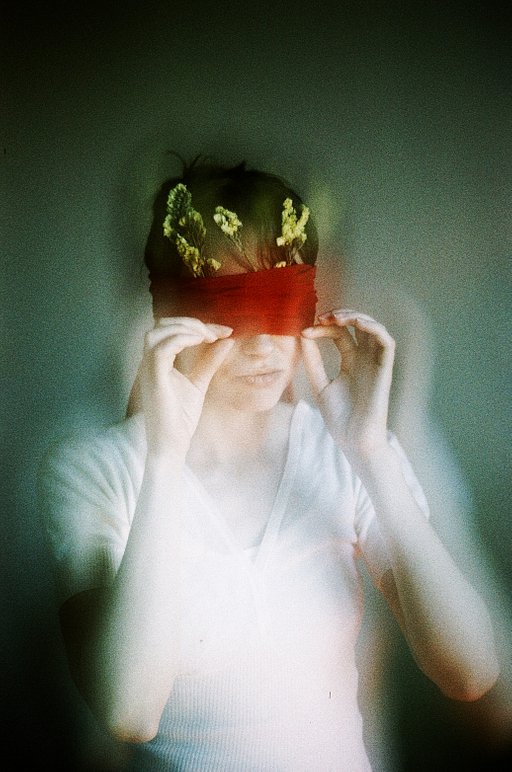




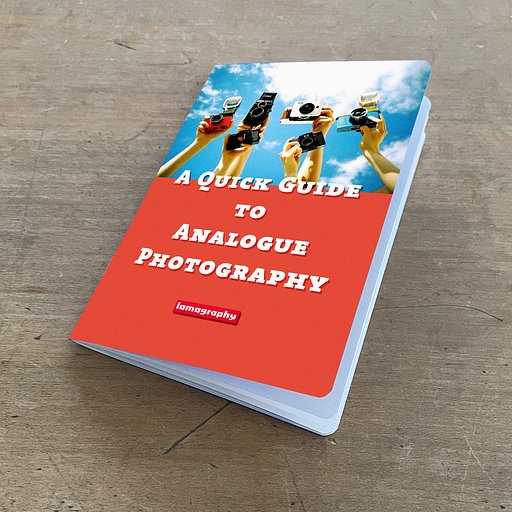



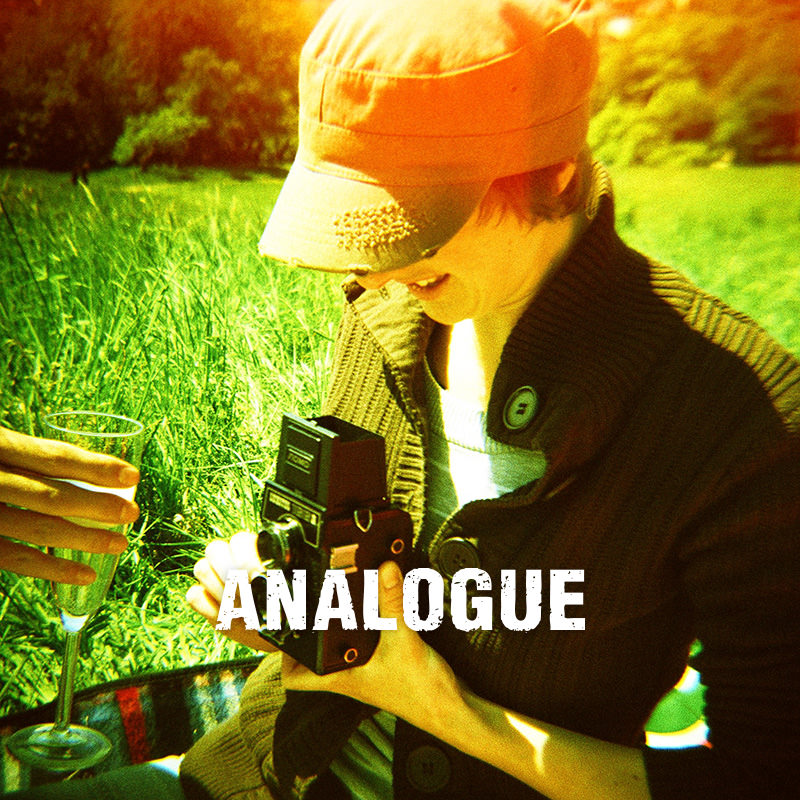
2 Comments